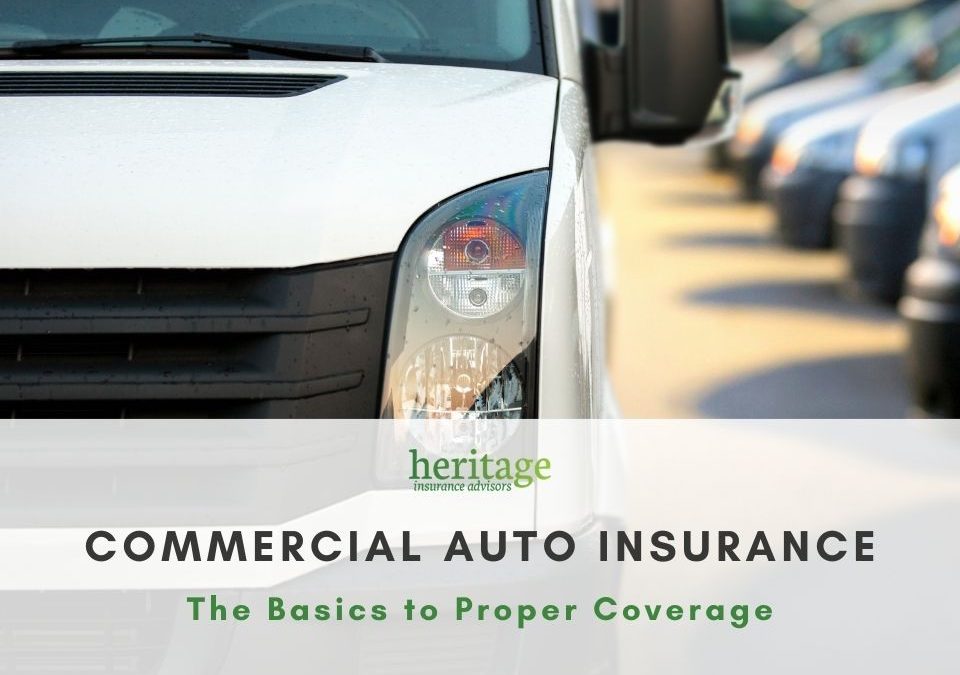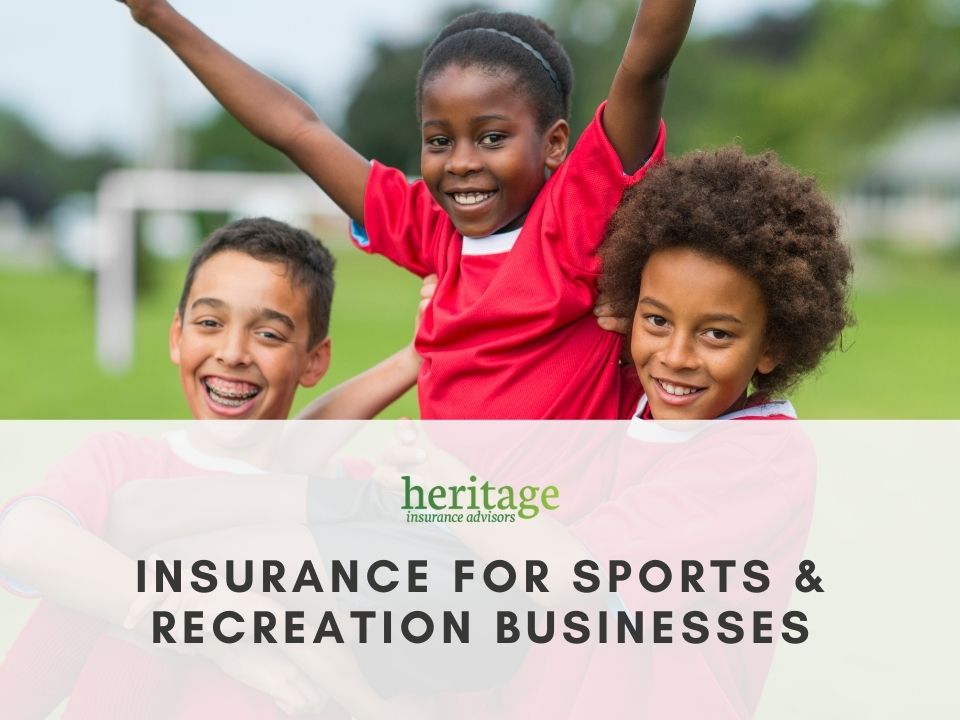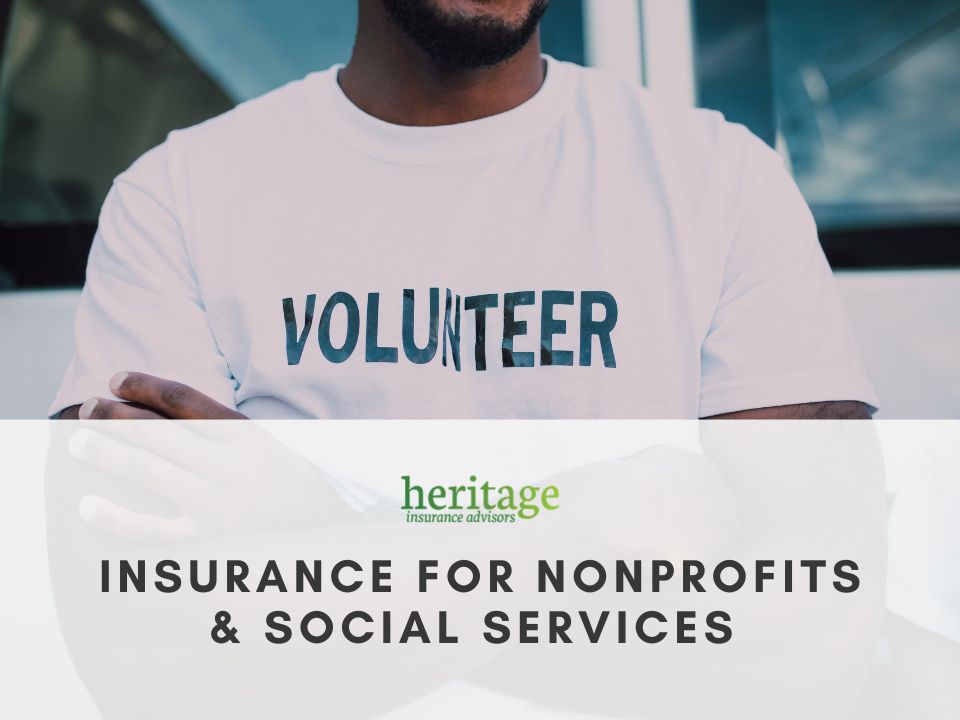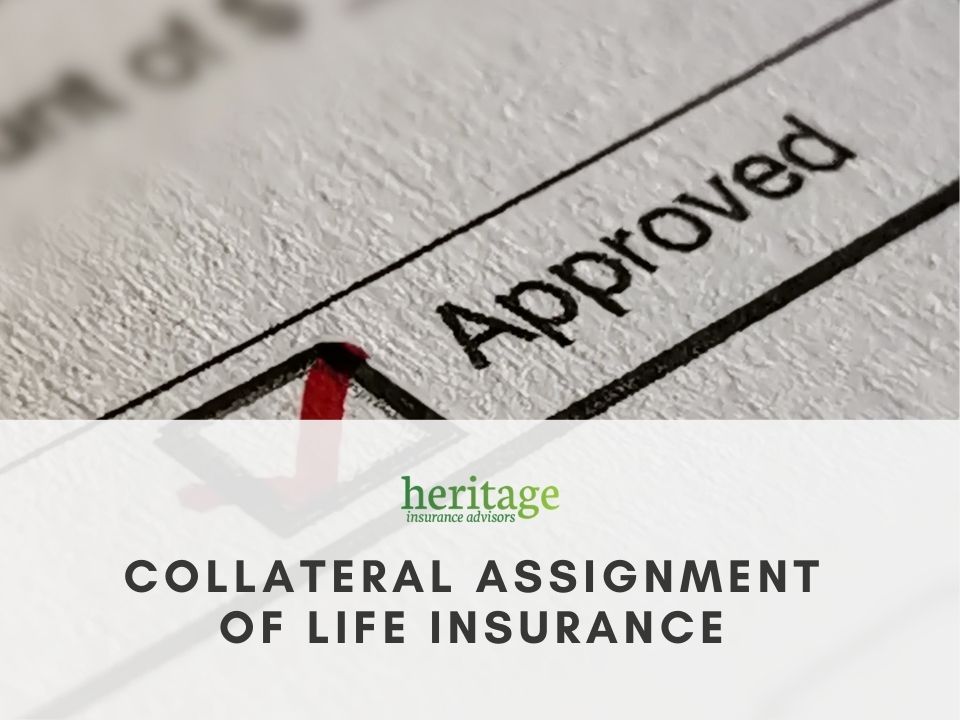
Commercial Income Insurance
July 9, 2021
Church Insurance 101
July 28, 2021Commercial Auto Insurance: The Basics to Proper Coverage
Personal Auto Insurance is often legally required for all drivers. However, if you own a business, employ people to operate business vehicles, or drive personal vehicles for business purposes (beyond commuting), you will need Commercial Auto Insurance. Why differentiate between personal and commercial? Let’s break down any confusion surrounding Commercial Auto Insurance and the basics to proper coverage.
Commercial Auto Insurance 101:
At its core, Commercial Auto Insurance is liability and property damage protection if you or an employee experience an accident while driving a business vehicle or driving for business purposes. A basic policy will include standard cars, trucks, and/or vans. However, if you drive industrial semi’s or trailers, an auto policy can be built for your risk profile. These are more industry specific coverages that an average driver wouldn’t need such as Trailer Interchange or Bobtail, just to name a few.
Important Commercial Auto Coverages:
There are similarities between Personal and Commercial Auto coverages, but there are also distinct differences. Your personal vehicle activities will need to be covered in one policy and your commercial in another. A basic Commercial Auto Policy should include the following coverages:
Auto Liability: Covers costs associated with bodily injury and property damage (including vehicle or someone’s physical property) after an accident.
Hired & Non-Owned: This applies liability coverage to both non-owned vehicles (like employee cars) and rented or borrowed vehicles.
Uninsured & Underinsured: This pays for medical expenses, loss of income, and other property damages owed to you, your employee(s), or passengers if the responsible party does not have insurance or is under-insured. At the end of the day, someone must pay, and if the motorist doesn’t have insurance the liability falls to you.
Comprehensive: Sometimes an accident doesn’t involve another vehicle at all. If damage occurs at the hands of vandalism, weather, or other fluke accidents (verify with your policy), this can help pay those repair costs.
Regardless of Fault: There are two coverages that can help pay for a vehicle-to-vehicle accident regardless of who is at fault. Collision can help cover property damage costs and Medical Payments can help pay for personal, employee, or passenger injuries. These coverages broaden your policy resulting in stronger coverage.
What Insurance Carriers Expect:
Insurance carriers differentiate between personal and commercial auto because business drivers are risker. The more you’re on the road, the more risk you assume, and business drivers fill roads at all hours of the day.
An insurer will determine your premium based on a thorough assessment of your business and it’s drivers, including:
Company information: This frequently consists of a credit pull to validate your business’s financial strength and standing.
Vehicle details: This is a list of every vehicle your business owns indicating the make, model, year, cost, weight, mileage, how it’s used (to carry cargo or people), who it’s driven by (employees or owner), etc.
Driver details: Every driver will need to be listed in your policy. This is more than a name, as the insurer will confidentially verify driving records through the state’s DMV.
Pro Tip: Your coverage is based on your policy’s language. This means that that if you hire a new driver, you will need to update your policy!
Loss history: You will need to disclose any commercial vehicle losses or claims. Of course, driving is a natural risk, no matter how safe you are, but this is another reminder to vet your employees carefully as they reflect not only on your brand, but also your potential insurance premiums.
Coverage Should Always be Personalized:
New mobile business models are constantly evolving and will require a personalized approach (a food truck, for example). At Heritage Insurance Advisors, our goal is to help you make educated insurance decisions, build a thorough policy, and be a phone call or email away when you need us. We hope you never experience any harm, but if an unexpected moment happens, we are here to support you.
Own an industrial truck? Check out this blog geared (pun intended) towards your industry.
Connect With an Expert





